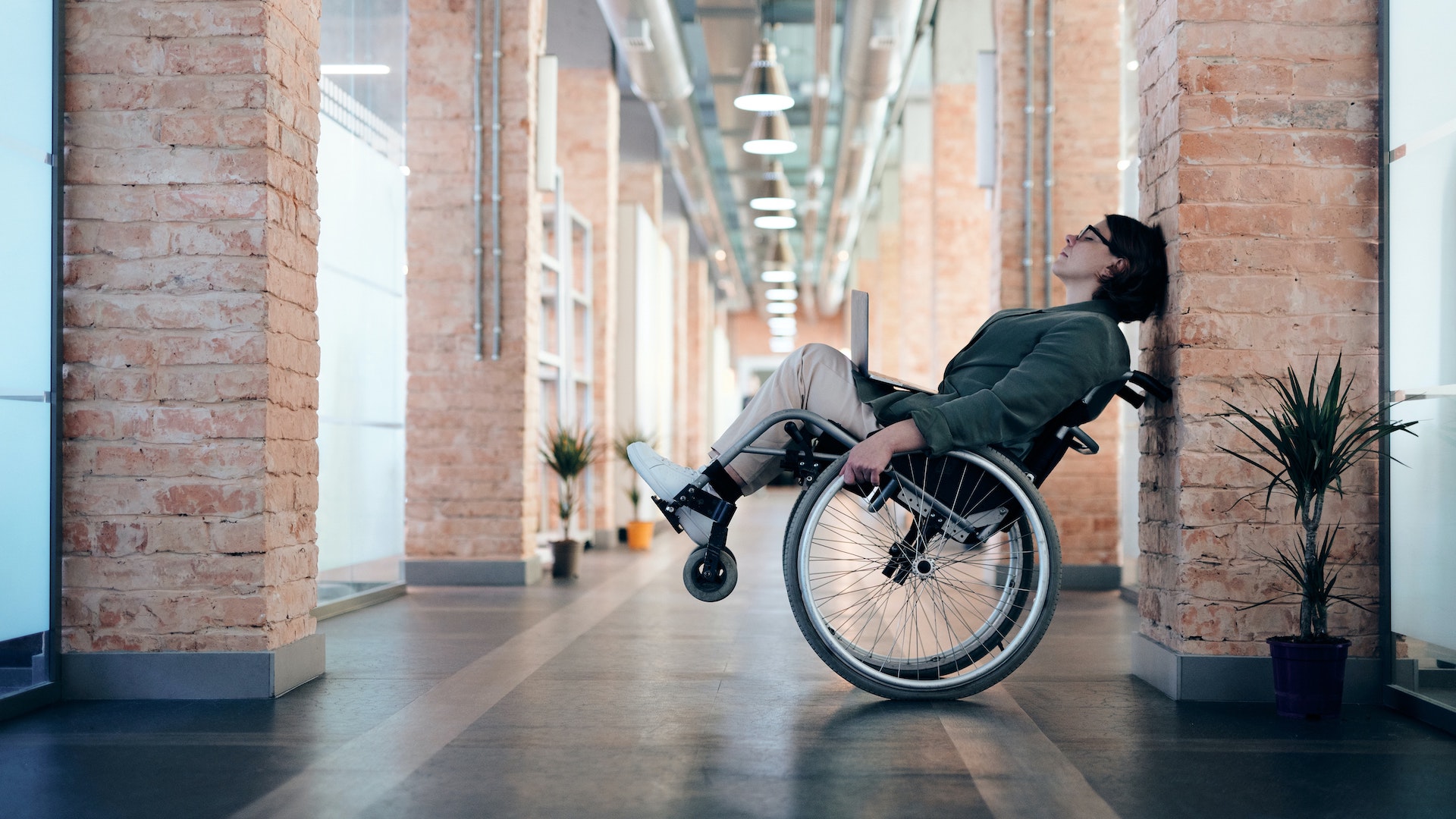“The Chancellor’s inaction on this has created a two-tier discriminatory welfare state which has pushed a huge number of people into poverty.
“Forcing people onto Universal Credit where many will not be better off isn’t a solution, what we need is a social security system that ensures people are not having to survive on the bare minimum but have the income they need to live a stable and dignified life. The Government must increase legacy benefits now.”
The Department for Work and Pensions has been approached for comment. A Government spokesperson previously told The Big Issue ministers were “wholly committed to supporting disabled people through the pandemic” and said the Government had increased welfare support by £9.3 billion as well as introducing the £170 million Covid Winter Support Package.
The Government has also given £3.7 billion to councils to ease pressure on local services, the spokesperson said.
Last week work and pensions secretary Thérèse Coffey told Parliament that people on legacy benefits were encouraged to switch to Universal Credit.
She was confident “the majority of people would certainly be better off,” she added.
Advertising helps fund Big Issue’s mission to end poverty
Switching to Universal Credit risks leaving many worse off, the DBC said, because the Severe Disability Premium does not exist in the new system.
Lockdowns have taken income away from hundreds of Big Issue sellers. Support The Big Issue and our vendors by signing up for a subscription.
Two thirds (66 per cent) of those surveyed by the DBC reported having to go without essentials like food, heating or medication to make ends meet, and nearly half said they had fallen behind on rent, mortgage payments or household bills.
“My shopping bill usually comes to £20 to 35 per week, but as I don’t feel safe going to the supermarket I’m having to rely on deliveries,” said 62-year-old David Allen, who was diagnosed with MS in 1996. He lives alone in Luton and has claimed legacy benefits for more than a decade.
“The minimum order is £25, but if your order is less than £40 you get hit with a delivery charge. On top of this, a tremor caused by my MS means it’s dangerous for me to use a knife or carry pans with hot water in, so I have to buy ready meals and prepared vegetables that I can put in the microwave. These all come at a premium,” he added.
“I’m constantly worrying about other costs – I find myself sitting in the dark more than I should so as not to turn the lights on for too long, as well as only switching the TV on when I’m watching a programme.
Advertising helps fund Big Issue’s mission to end poverty
“I live on my own so it’s hard not to think your world is closing in around you.
“The harsh reality is that the pandemic has meant our bills are going up quicker than our income, and there’s just nowhere to go to make up for that. It’s meant we feel abandoned and left to sink.”
The DBC sent the new evidence to Chancellor Rishi Sunak, who has so far refused to extend the £20-per-week increase to those on legacy benefits or commit to keeping the Universal Credit increase past April.
Nearly 121,000 people have signed a petition demanding the Government immediately extend the extra support to people claiming legacy benefits.
The call is backed by both the All Party Parliament Group for Poverty and the Lords Economic Affairs Committee as well as swathes of charities and campaign groups.
Advertising helps fund Big Issue’s mission to end poverty
“An unforgivable number of disabled people have been put in danger of falling into poverty because of the extra costs of the pandemic, and the Government continues to ignore them,” MS society policy manager and DBC policy co-chair Anastasia Berry said.
“For nearly a year over 2.2 million people on legacy benefits have been given little more than a promise from the Prime Minister that he would ‘wrap his arms around the country’ – but platitudes don’t keep people warm.
“Many have been forced to make awful choices to help them survive – from choosing between heating and eating to racking up debt to pay for rent.
“We have heard every excuse for why disabled people are being discriminated against, but the latest – that they can ‘move to Universal Credit’ – is the most misleading yet.
“The upcoming budget is a chance for the Chancellor to finally show the forgotten disabled people they matter, and they’re as important as those in receipt of Universal Credit. Without the £20 lifeline more people will be pushed into poverty and face terrible consequences.”









